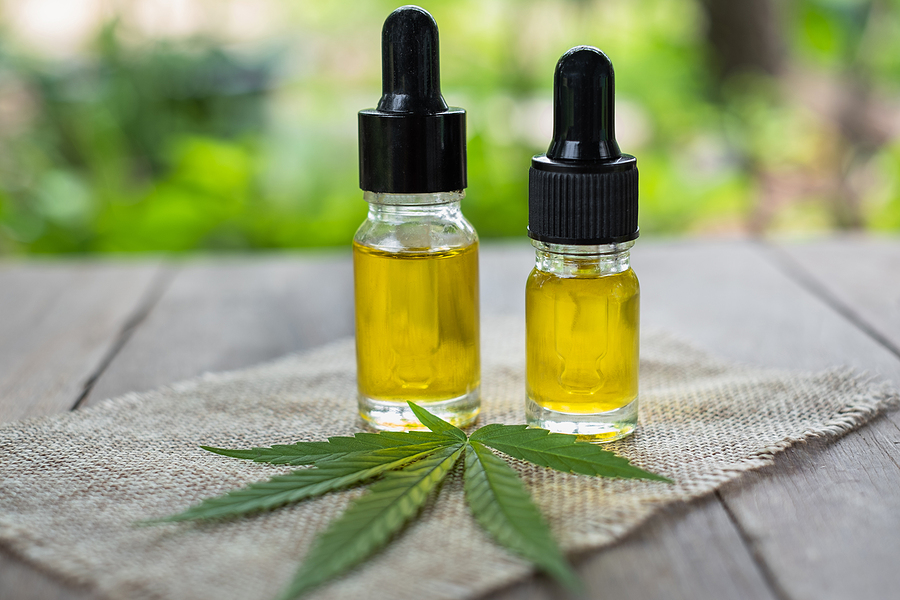 CBD oil can be a covered workers’ compensation expense under the Longshore and Defense Base Acts. As of now, medical marijuana is not.
CBD oil can be a covered workers’ compensation expense under the Longshore and Defense Base Acts. As of now, medical marijuana is not.
Section 7 of the Longshore and Harbor Workers’ Compensation Act requires employers to pay for reasonable and necessary medical treatment associated with an employee’s work-related injury. See 33 U.S.C. 907. That same law also applies to the Defense Base Act. See 42 U.S.C. 1651.
Recently, Judge Carrie Bland juxtaposed the completely legal use of CBD oil with the lack of coverage typically afforded by federal administrative courts to medical marijuana. The following passage is from Rykaczewski v. Ceres Marine Terminals, OALJ No. 2018-LHC-00075 (OALJ Dec. 12, 2020) (internal record citations omitted):
Ceres next posits that it cannot be held responsible for providing Rykaczewski with Cannabidiol (“CBD”) or marijuana. Rykaczewski testified that he uses CBD to help with his anxiety. Further, Ceres indicates that Rykaczewski submitted as an exhibit a prescription fromAnderson for “120.00 grams of certified dry cannabis flower,” which it likewise cannot be held responsible for providing.
Rykaczewski’s use of CBD is legal under state and federal law. Under the 2018 Farm Bill, CBD derived from hemp products was removed from the Controlled Substances Act and was legalized underfederal law. See Agriculture Improvement Act of 2018, Pub. L. 115-334, § 12619. Further, hemp-derivedCBD is legal in Maryland, where Rykaczewski resides. See 2016 Md. HB 443. Accordingly, Ceres must pay for hemp-derived CBD.
Marijuana is illegal under federal law. Despite recent attempts to reschedule it, marijuana remainsclassified as a Schedule I controlled substance under the Controlled Substances Act based on its highpotential for abuse, no accepted medical use, and no accepted safety for use in medically supervised treatment. 21 U.S.C. § 812(b)(1). Conversely, under Maryland law, a qualifying patient may use and be in possession of cannabis-derived products for medical purposes if legitimately prescribed by a certifyingprovider. Md. Code Ann., Health–Gen. § 13-3313 (2013).
The question before me is not whether marijuana has therapeutic value. Instead, the issue here is deceptively simple – the interplay between the CSA’s current placement of marijuana in Schedule I and Section 7 of the LHWCA. While medical professionals may disagree, so long as it remains classified as a Schedule I controlled substance, marijuana has no accepted medical use under federal law and no accepted safety for use in medically supervised treatment. A drug that has no accepted medical use under federal law can never constitute reasonable and necessary medical treatment under the LHWCA. In other words, if adrug has no accepted medical use under federal law, then a federal ALJ has no authority to compel an Employer or Carrier to pay costs associated with the use of that drug as part of a course of medical care and treatment under the LHWCA, even in those states that have authorized the doctor-recommended use of marijuana. Accordingly, Claimant’s request for a finding that medical cannabis treatment is covered under 33 U.S.C. § 907 is denied.
The ruling on medical marijuana is not surprising. Although some of my colleagues undoubtedly disagree–and I hope I am proven wrong–I do not anticipate federal administrative law judges will order employers to pay for medical marijuana under a federal workers’ compensation scheme until Congress changes the classification schedule for marijuana. One day, there will be a change; but not yet.
CBD is another story. If a doctor says that CBD oil is reasonable and necessary, then employers should pay for the medical treatment. That is a benefit for claimants because CBD treatment can be expensive.
